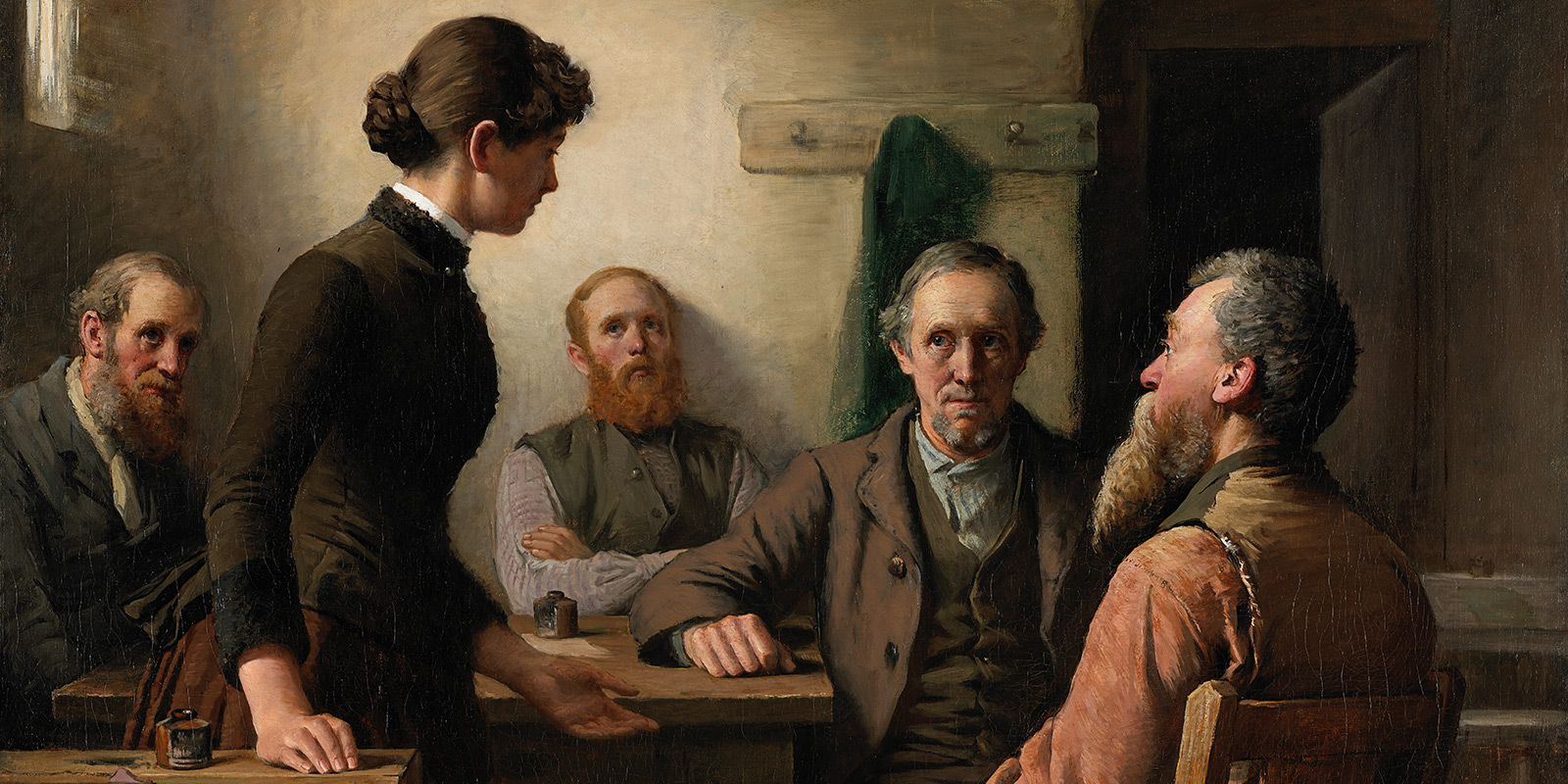(Ishihira 2022) Sasaki and Miyano [佐々木と宮野] Ep.4 ― For the First Time
(Asquith 1951) The Browning Version
(Rossi 1922) The Andy Warhol Diaries: Ep.3 ― A Double Life: Andy & Jon
(Rossi 1922) The Andy Warhol Diaries: Ep.4 ― Collab: Andy & Basquiat
(Shyamalan 1999) The Sixth Sense
(Thompson 2022) Dinosaurs — The Final Day with David Attenborough
(Marchesi 2022) Frederick Douglass: In Five Speeches
(Reiner 1986) Stand By Me
(Koster 1949) The Inspector General
FILMS — APRIL 2024
First-time listening for APRIL 2024
26721. (Steve Winwood) Arc of a Diver
26722. (Werewolf) Creation
26723. (Lena Horne) Stormy Weather ― The Legendary Lena 1941–1958
26724. (Camille Saint-Saëns) Six Bagatelles for Piano
26725. (Carl Ruggles) Portals for String Orchestra
26726. (Afghan Whigs) Congregation
26727. (Fuzzy Duck) Fuzzy Duck
26728. (Dinosaur Jr) Green Mind
26729. (Hallucinogen) Mi-Loony-Um! EP
26730. (Al Di Miola) Land of the Midnight Sun
READING — APRIL 2024
25335. [3] (Geoffrey Chaucer) The Canterbury Tales: The Miller’s Prologue and Tale
. . . . . [in Middle English]
25336. (Edgar Pangborn) Wilderness of Spring
25337. (Christopher Morris & John McKenty) The 1936 CCM Flyte ― Canada’s
. . . . . Contribution to the Streamlined Decade [article]
25338. (Charlotte Booth) The Ancient Egyptians for Dummies
25339. (Effrosini Roditi, et al) Life-History of Palaeoloxodan antiquus reveals Middle
. . . . . Pleistocene Glacial Refugium in the Megalopolis Basin, Greece [article]
Read more »
Image of the Month — Canada Lynx (Lynx canadensis)
FILMS — MARCH 2024
(Guest 1955) The Quatermas s Xperiment
(Ishihira 2022) Sasaki and Miyano [佐々木と宮野] Ep.2 ― If I See Him Again
(Dearden 1961) Victim
(Reitman 1984) Ghostbusters
(Ishihira 2022) Sasaki and Miyano [佐々木と宮野] Ep.3 ― The Knot
(Siegel 1956) Invasion of the Body Snatchers
(Losey 1948) The Boy With Green Hair
(O’Connolly 1959) The Valley of Gwangi
(Haskin 1953) The War of the Worlds
First-time listening for MARCH 2024
26706. (So So Glos) Blowout
26707. (Joonas Kokkonen) Symphony #1
Hip Hop: The Collection ― The Classics, Vol.2, Disk 3:
. . . . [3193] (Wu-Tang Clan) “C.R.E.A.M.”
. . . . 26708. (Petey Pablo) “Get Me Out of Jail”
. . . . 26709. (John Legend) “P.D.A. — We Don’t Care”
. . . . 26710. (Eamon) “I Don’t Want You Back”
Read more »
READING — MARCH 2024
25323. (Robert A. Cook) The Village Remain s the Same: A Fort Ancient Example [article]
25324. (Victor D. Thompson) Collective Action and Village Life during the Late Archaic on
. . . . . the Georgia Coast [article]
25325. [3] (Geoffrey Chaucer) The Canterbury Tales: The Knight’s Tale [in Middle English]
25326. (Robert A. Heinlein) The Discovery of the Future [Guest of Honor speech,
. . . . . 3rd Worldcon, Denver, 1941]
25327. (Anon. / Pseudo-Orpheus, 4th c. CE) The Orphic Argonautica [tr. Jason Colavito]
25328. (Lynne P. Sullivan) The Path to the Council House: The Development of
. . . . . Mississippian Communities in Southeast Tennessee [article]
Read more »
Image of the Month — A Meeting of the School Trustees
Kate Henderson was a teacher in a one-room school in Long Creek, Prince Edward Island in the 1880s. Henderson told local painter Robert Harris of a confrontation she had had with school trustees. While they preferred that she teach with traditional methods, she persuaded them of the efficacy of more (at the time) modern teaching techniques. This event inspired Harris to paint “A Meeting of the School Trustees.” The painting is the subject of one of the best “Heritage Minutes” broadcast by the CBC and resides in the National Gallery of Canada in Ottawa.
FILMS — FEBRUARY 2024
(Nishitani 2022) The Hound of the Baskervilles: Sherlock Holmes the Movie [バスカヴィル家の犬
. . . シャーロック劇場版]
(del Toro 2022) Guillermo del Toro’s Pinocchio
(Ishihira 2022) Sasaki and Miyano [佐々木と宮野] Ep.1 ― Sasaki and Miyano
(Zemeckis 1985) Back to the Future
(McCowan 1979) The Shape of Things to Come
(Rossi 1922) The Andy Warhol Diaries: Ep.2 ― Shadows: Andy & Jed
(Bernardo 2023) Nothing Like Paris [Walang KaParis]
(Nguyen 2022) Birdemic 3: Sea Eagle
(Wilder 1957) Witness for the Prosecution
First-time listening for FEBRUARY 2024
Hip Hop: The Collection ― The Classics, Vol.2, Disk 2:
. . . . [29059] (Beyoncé) “Green Light”
. . . . 26691. (Amerie) “Take Control”
. . . . 26692. (Pink) “Leave Me Alone (I’m Lonely)”
. . . . [30052] (Alicia Keys) “No One”
. . . . [30048] (Shakira) “Hips Don’t Lie”
. . . . 26693. (Gym Class Heroes) “Clothes Off”
Read more »

